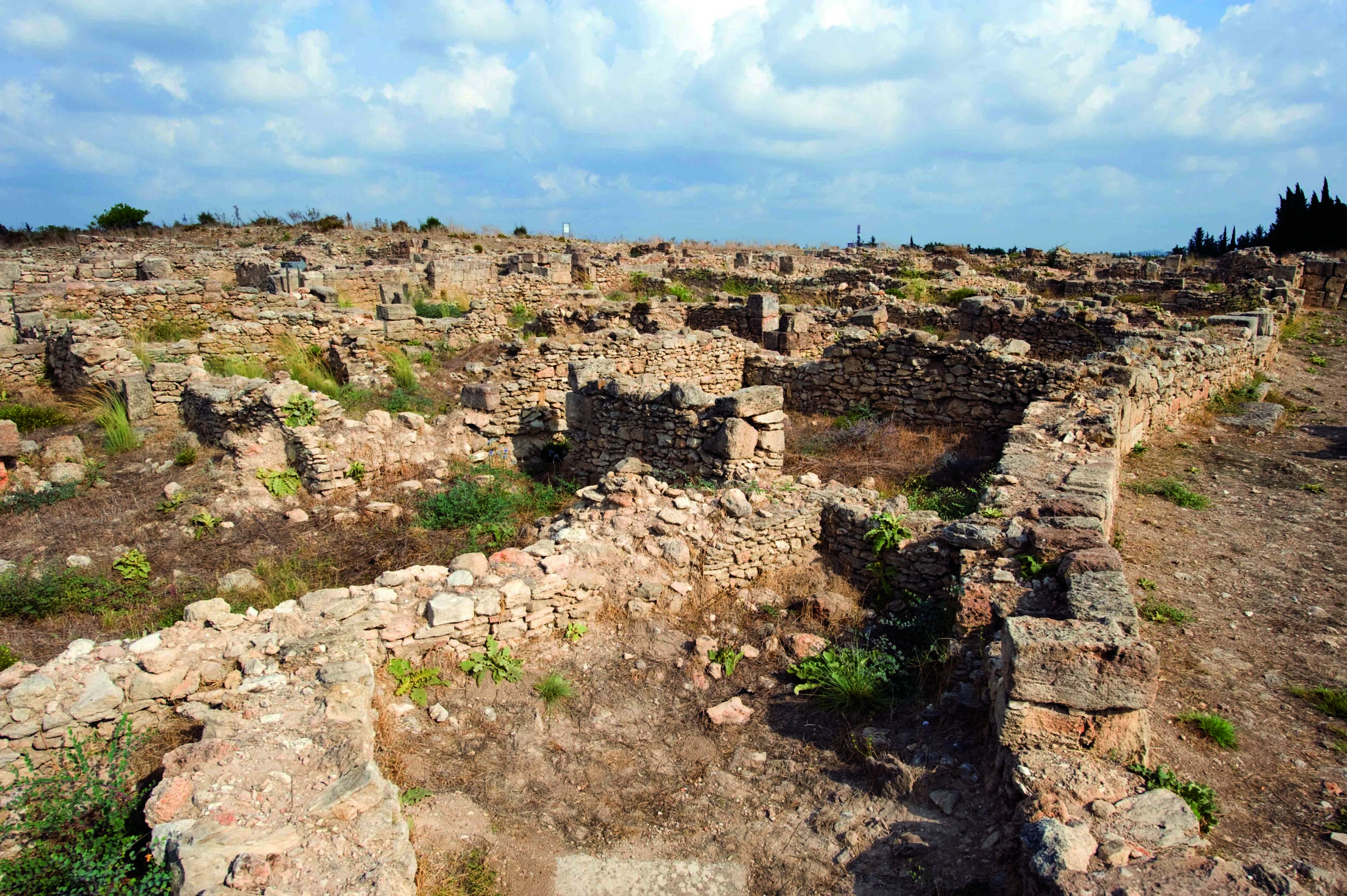NEW YORK, NEW YORK—Live Science reports that Anagnostis Agelarakis of Adelphi University re-examined a 650-year-old skull recovered in 1991 from Polystylon Fort, which is located in Western Thrace, and found that the man had received sophisticated medical care for a badly broken jaw about ten years before his death. Agelarakis spotted a line of dental calculus in the jaw that formed around a thin wire holding the broken bone together as it healed. The lack of discoloration indicates the wire was not made of a silver alloy or copper or bronze wires. “It must have been some kind of gold thread, a gold wire or something like that, as is recommended in the Hippocratic corpus that was compiled in the fifth century B.C.,” Agelarakis said. “In one of the dentitions,” he added, “I saw that the tooth was filed a little bit so that the knot that was tied in the wire would not scratch the cheek.” Agelarakis thinks such careful medical treatment indicates the man could have been a military leader who was decapitated by the Ottomans when they captured the fort in the fourteenth century. The head was found in the pre-existing grave of a young child at the fort’s cemetery. A piece of ceramic recovered at the burial site may have been used to dig the hole and bury the head surreptitiously, Agelarakis surmised. The rest of the man’s remains have not been found. To read about another discovery from Thrace, go to "Thracian Treasure Chest."
Byzantine Warrior Received Sophisticated Medical Care
News September 30, 2021
Recommended Articles
Digs & Discoveries March/April 2020
Field of Tombs
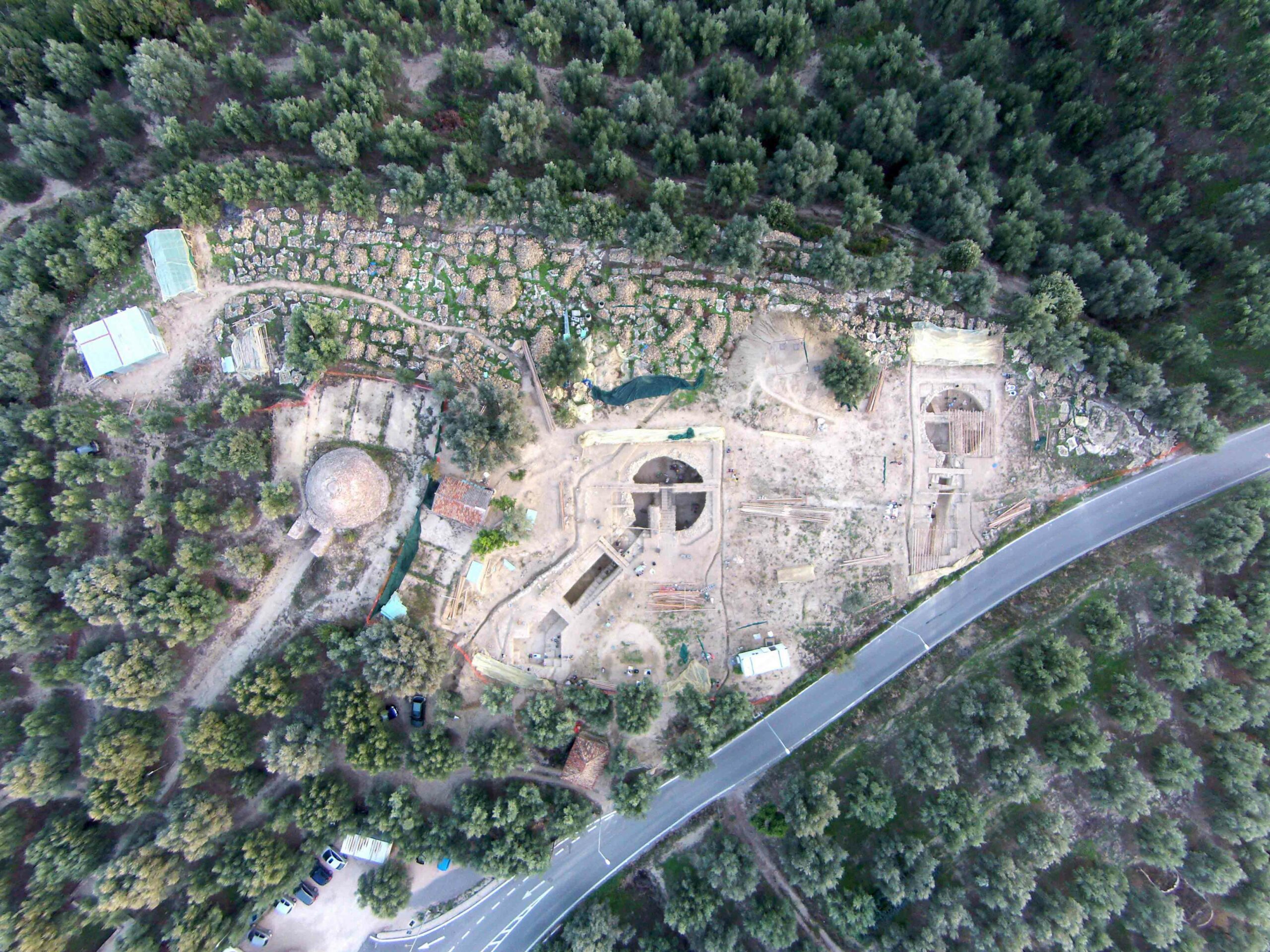
Features September/October 2019
World of the Griffin Warrior
A single grave and its extraordinary contents are changing the way archaeologists view two great ancient Greek cultures
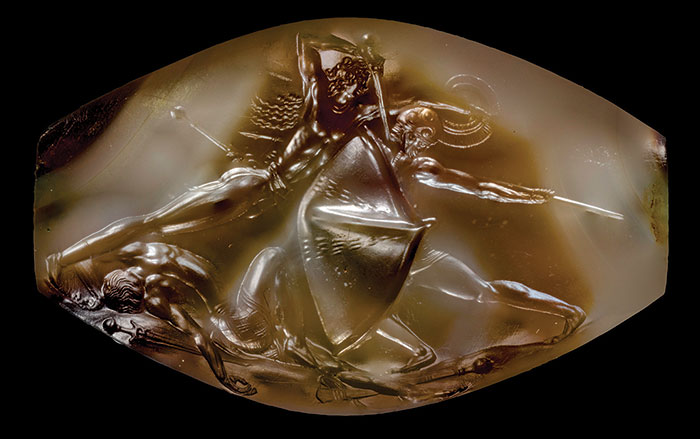
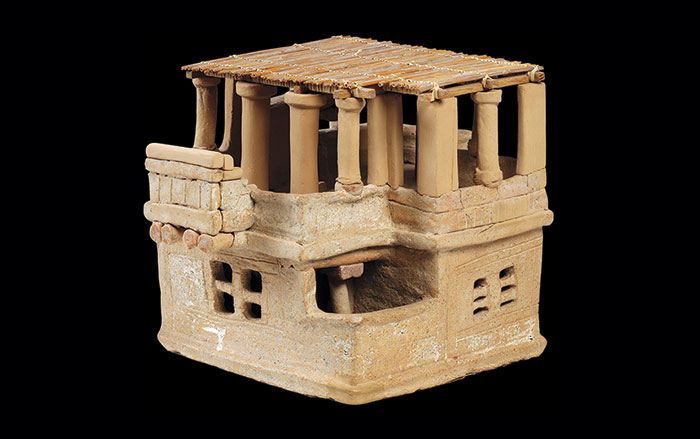
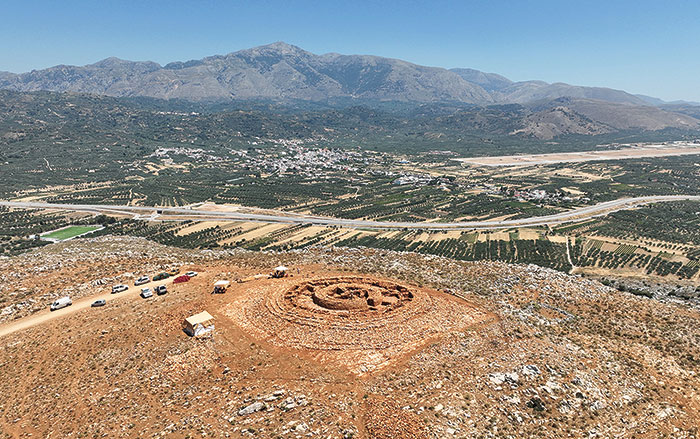
-
Features July/August 2021
Autobiography of a Maya Ambassador
A grand monument and a humble burial chronicle the changing fortunes of a career diplomat
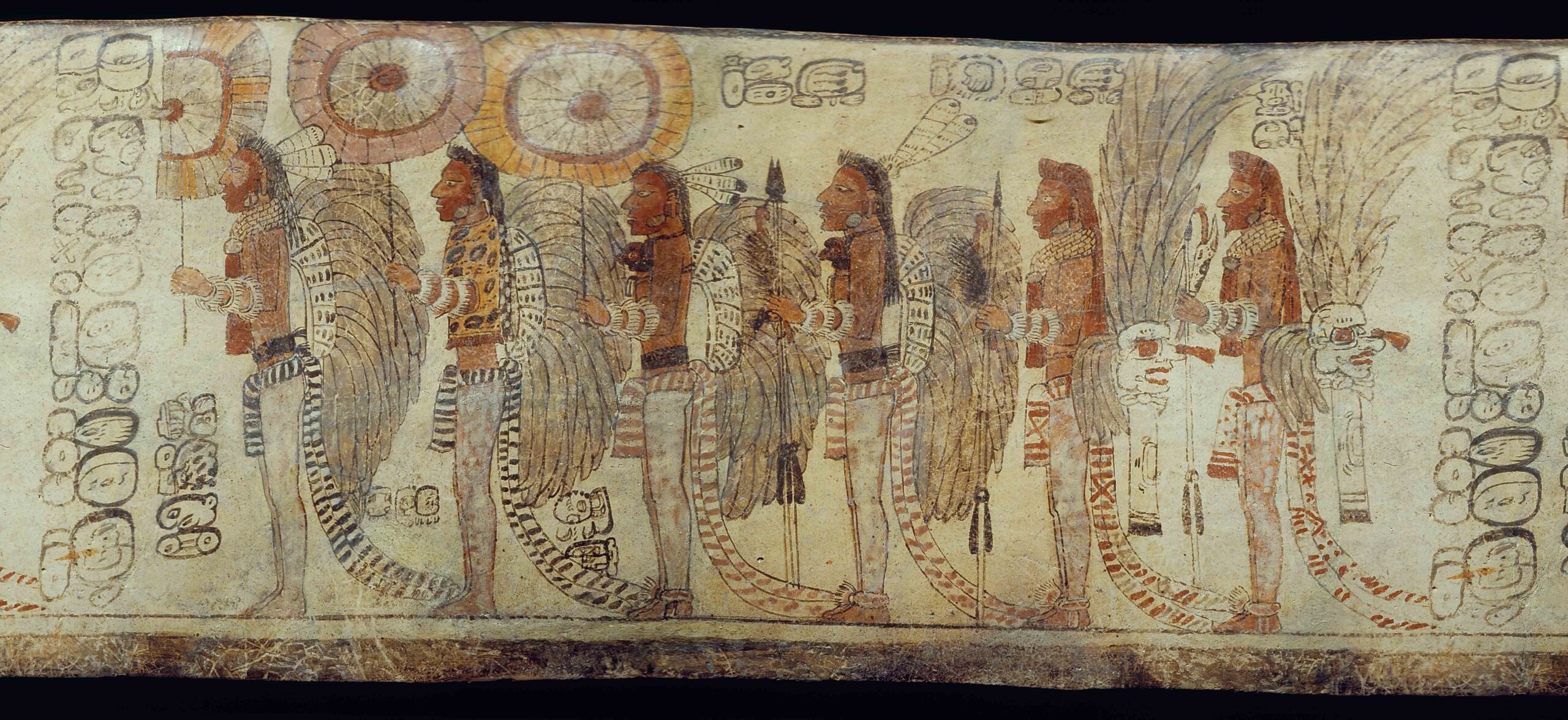 (Justin Kerr, K-5763, Justin Kerr Maya Vase Archive, Dumbarton Oaks, Trustees for Harvard University, Washington, D.C.)
(Justin Kerr, K-5763, Justin Kerr Maya Vase Archive, Dumbarton Oaks, Trustees for Harvard University, Washington, D.C.) -
Letter from Alaska July/August 2021
The Cold Winds of War
A little-known World War II campaign in the Aleutian Islands left behind an undisturbed battlefield strewn with weapons and materiel
 (Brendan Coyle)
(Brendan Coyle) -
Artifacts July/August 2021
Egyptian Copper Tools
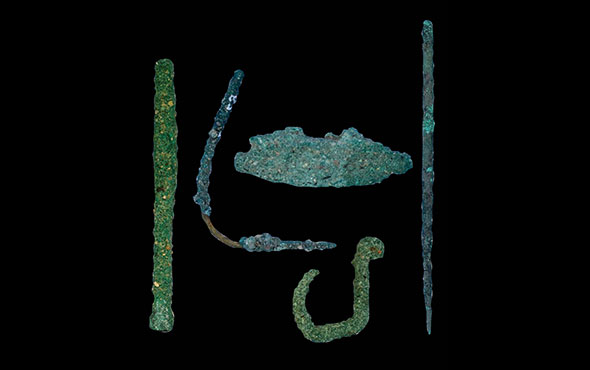 (Courtesy Martin Odler and Jiří Kmošek, Czech Institute of Egyptology, Faculty of Arts, Charles University)
(Courtesy Martin Odler and Jiří Kmošek, Czech Institute of Egyptology, Faculty of Arts, Charles University) -
Digs & Discoveries July/August 2021
A Challenging World
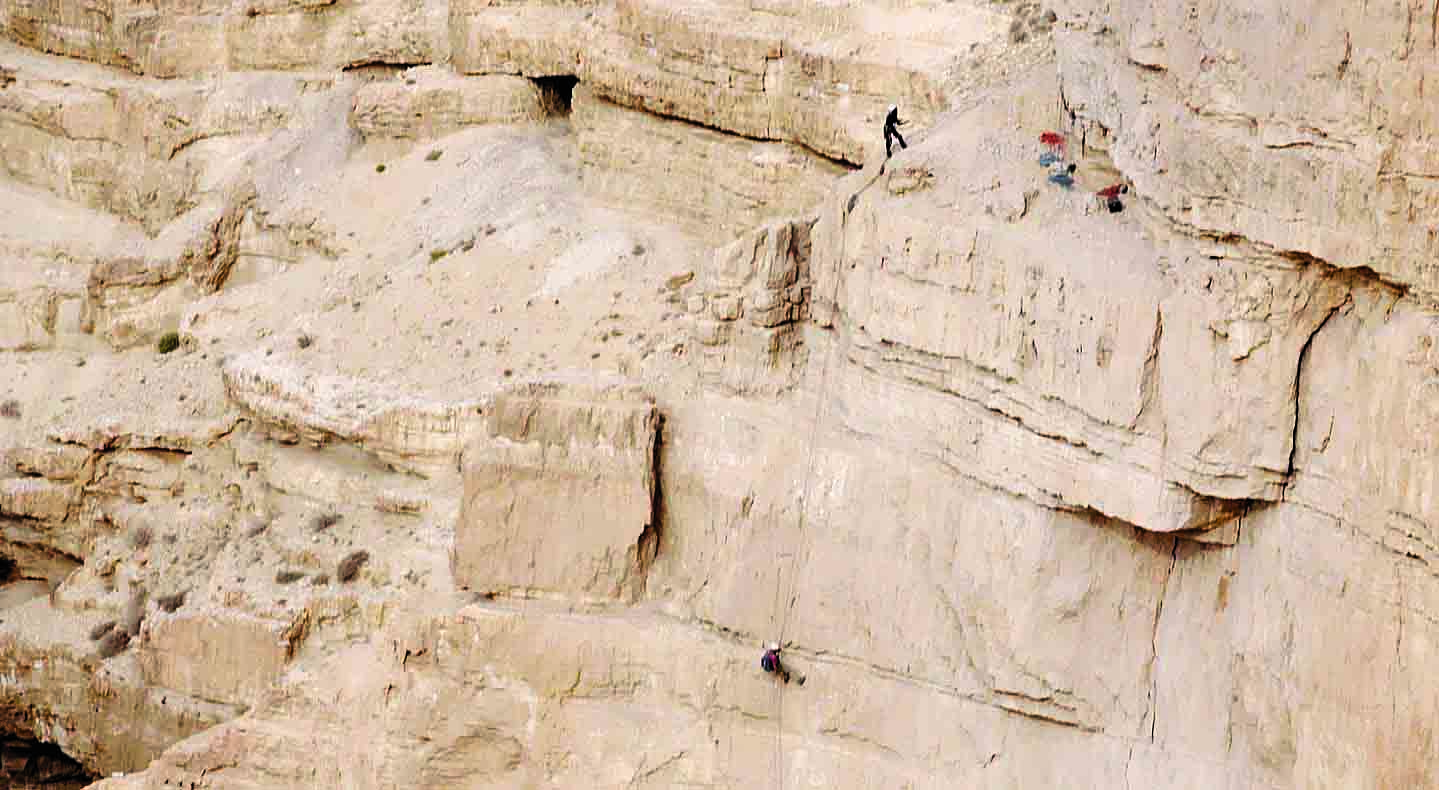 (Courtesy Yoli Schwartz/Israel Antiquities Authority)
(Courtesy Yoli Schwartz/Israel Antiquities Authority)


